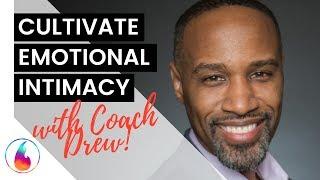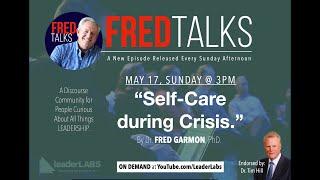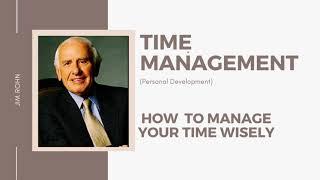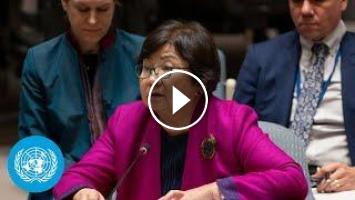The Security Council today heard calls for action on Afghanistan, where violations of the rights of women are harming them, society as a whole, and the country's future.
The UN Special Representative for Afghanistan, Roza Otunbayeva, said, “It is true that day-to-day security has improved for millions of people since the Taliban takeover, but this has come at an enormous cost.”
Addressing the Security Council yesterday (6 Mar), Otunbayeva said that the recent arbitrary detentions for alleged Islamic dress code violations were a further violation of human rights and “carry enormous stigma for women and girls.”
She added, “This also has a chilling effect among the wider female population, many of whom are now afraid to move in public. I take this opportunity to again call on the de facto authorities to reverse these restrictions. The longer they remain in place, the more damage will be done.”
Otunbayeva reported that the United Nations Assistance Mission in Afghanistan (UNAMA)’s “extensive monitoring and advocacy, including on human rights, has highlighted the denial of the civil, cultural, economic, political and social rights of the population, the well-documented policies and actions of repression of women and girls, public displays of violence including of corporal and capital punishment, a lack of inclusive governance, and the marginalization of minorities.”
She also said that in the region and beyond, there are well-founded concerns over the presence of terrorist groups in Afghanistan.
She highlighted, “It is not only Daesh that constitutes a threat but also TTP, a major concern for Pakistan which has seen an increase in terrorist activity.”
Representing his country, Naseer Ahmad Faiq, Afghan Chargé d'Affaires to the United Nations, said, “The current status quo of unilateral rule, systematic human rights violations— particularly against women and girls—and disregard for the people's demands on political and social issues are in direct conflict with the shared values and objectives of both the Afghan people and international community.”
After the Security Council, the Special Representative for Afghanistan spoke to journalists. Asked about the de facto authorities and international recognition, she said “Certainly, they do understand that without recognition is very difficult to move on. And I would say just that they want it for sure, but they do understand also how difficult it’s to reach because they do not comply with so many international standards. There is part of the government that understands that they should overcome this, but someone else above decided that no, women and girls should be behind the scenes.”
Photo credit: UN Photo/Eskinder Debebe
The UN Special Representative for Afghanistan, Roza Otunbayeva, said, “It is true that day-to-day security has improved for millions of people since the Taliban takeover, but this has come at an enormous cost.”
Addressing the Security Council yesterday (6 Mar), Otunbayeva said that the recent arbitrary detentions for alleged Islamic dress code violations were a further violation of human rights and “carry enormous stigma for women and girls.”
She added, “This also has a chilling effect among the wider female population, many of whom are now afraid to move in public. I take this opportunity to again call on the de facto authorities to reverse these restrictions. The longer they remain in place, the more damage will be done.”
Otunbayeva reported that the United Nations Assistance Mission in Afghanistan (UNAMA)’s “extensive monitoring and advocacy, including on human rights, has highlighted the denial of the civil, cultural, economic, political and social rights of the population, the well-documented policies and actions of repression of women and girls, public displays of violence including of corporal and capital punishment, a lack of inclusive governance, and the marginalization of minorities.”
She also said that in the region and beyond, there are well-founded concerns over the presence of terrorist groups in Afghanistan.
She highlighted, “It is not only Daesh that constitutes a threat but also TTP, a major concern for Pakistan which has seen an increase in terrorist activity.”
Representing his country, Naseer Ahmad Faiq, Afghan Chargé d'Affaires to the United Nations, said, “The current status quo of unilateral rule, systematic human rights violations— particularly against women and girls—and disregard for the people's demands on political and social issues are in direct conflict with the shared values and objectives of both the Afghan people and international community.”
After the Security Council, the Special Representative for Afghanistan spoke to journalists. Asked about the de facto authorities and international recognition, she said “Certainly, they do understand that without recognition is very difficult to move on. And I would say just that they want it for sure, but they do understand also how difficult it’s to reach because they do not comply with so many international standards. There is part of the government that understands that they should overcome this, but someone else above decided that no, women and girls should be behind the scenes.”
Photo credit: UN Photo/Eskinder Debebe
- Category
- United Nations
- Tags
- UN, United Nations, UNGA
Be the first to comment













